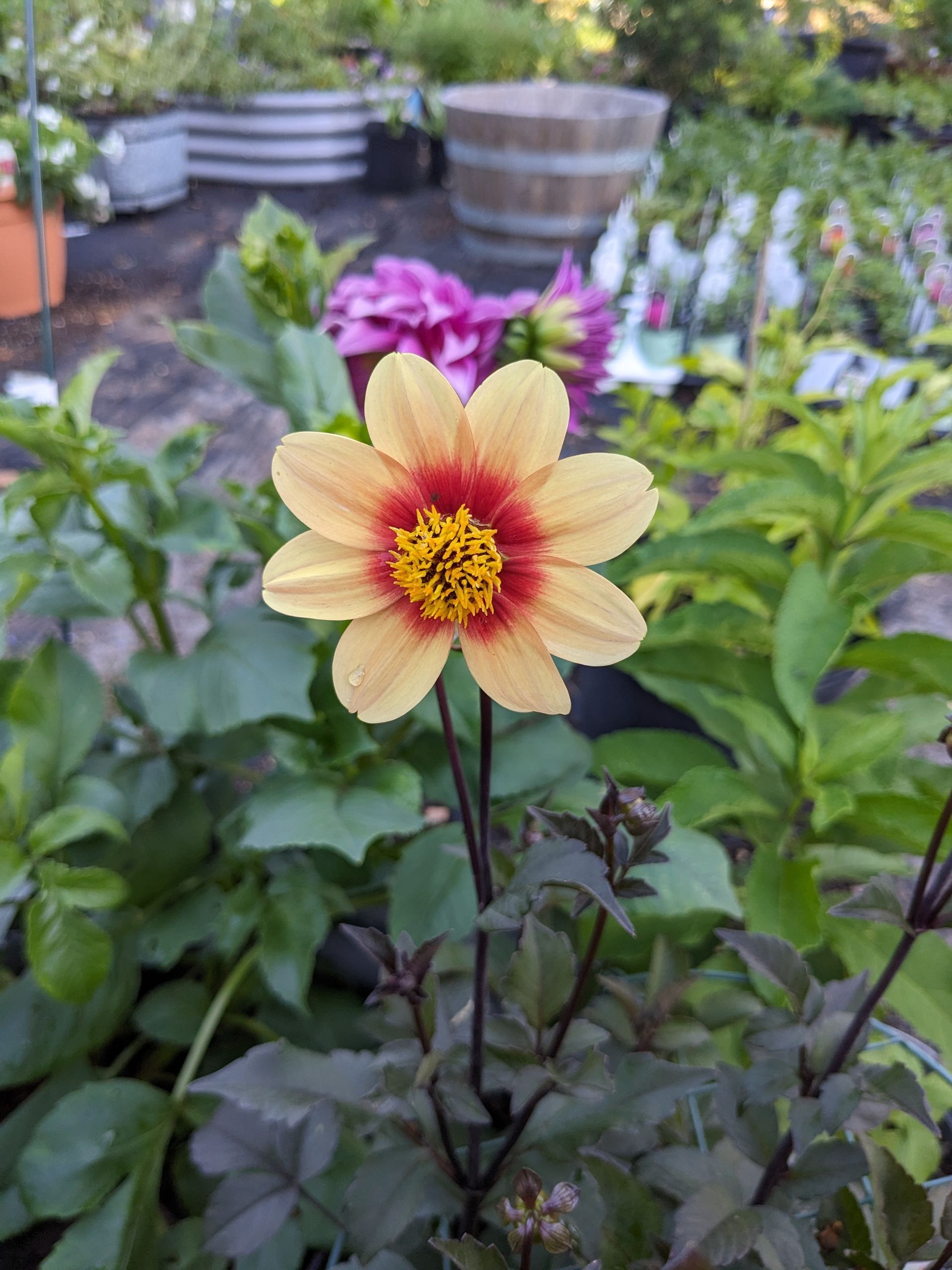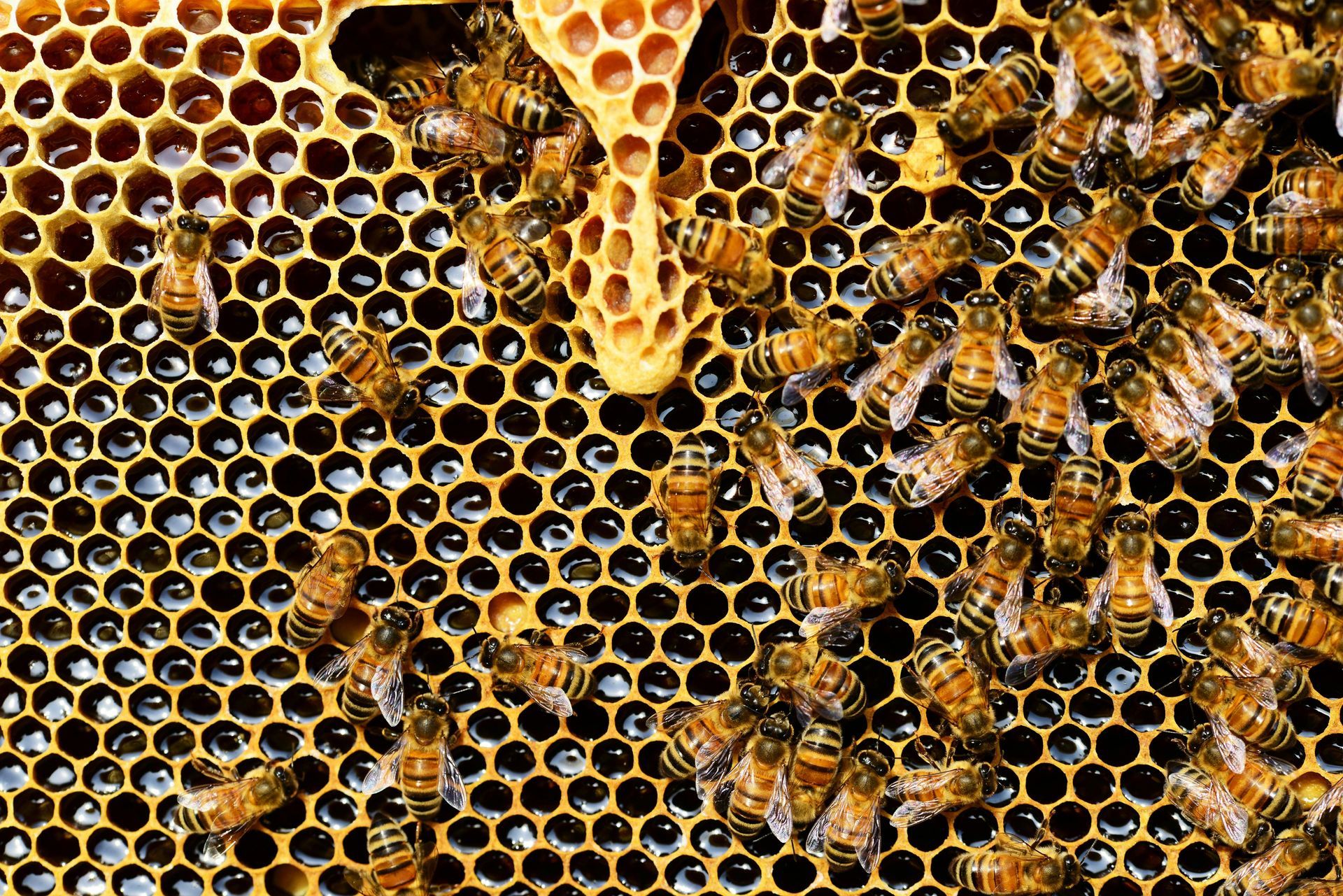Honey Bees & Pollinators: Essential Programs at Rooterville Sanctuary
Discover the incredible world of honey bees and other vital pollinators at Rooterville Animal Sanctuary! These unsung heroes are indispensable to our planet's health, from the food we eat to the vibrant flowers that beautify our sanctuary. Our
pollinator programs FL sanctuary offer engaging and educational experiences for all ages, designed to illuminate the crucial role these creatures play and inspire you to become a pollinator protector. Explore our observation hives, join a workshop, and learn how you can contribute to a healthier, more sustainable environment right from your own backyard in Melrose, FL.
The Buzz About Bees: Why Pollinators Matter
Pollinators are the backbone of our ecosystem, silently working to ensure the reproduction of countless plants, including many that provide our food.
- Ecosystem Health: Bees, butterflies, and other pollinators are vital for the biodiversity and resilience of natural habitats.
- Food Production: A staggering one-third of the world's food crops, including fruits, vegetables, and nuts, rely on animal pollination. Without them, our plates would look very different!
- Rooterville's Commitment: Our dedication to animal welfare extends to the smallest creatures. By supporting pollinators, we foster a holistic environment where all life thrives, demonstrating our commitment to sustainable agriculture Florida.
Our Pollinator Education Programs
Rooterville offers a variety of ways to learn about and appreciate the fascinating world of pollinators. Whether you're a curious individual, a family, or an educational group, we have a program for you!
Guided Tours
Join our knowledgeable educators for an engaging walk through our pollinator-friendly gardens.
- What You'll Learn: Discover the different types of pollinators, identify their favorite plants, and observe their busy work up close. Includes insights into the bee life cycle and their crucial roles.
- Duration & Booking: Tours are approximately [e.g., 45 minutes] and may be included with general admission or require separate booking for specific times. Check our schedule for availability.
Workshops & Classes
(Please note: Availability for workshops varies. Check our calendar for upcoming dates and registration.)
- "Creating a Pollinator Paradise": Learn practical tips for bee friendly gardening Florida! This hands-on workshop teaches you how to select native plants, design a pollinator-friendly space, and avoid harmful pesticides.
- "Intro to Beekeeping" (Seasonal): For the aspiring apiarist! This introductory class covers basic beekeeping principles, hive structure, and honey production (may not be offered regularly; check schedule).
- Other Seasonal Topics: We periodically offer workshops on topics like building bee hotels, honey harvesting, or specific environmental education for kids bees.
Presentations & Demonstrations
Throughout the year, we host engaging presentations and live demonstrations that delve deeper into the science and wonder of pollinators. These are often included with general admission.
Children's Activities
Interactive and fun activities designed to teach younger learners about the importance of bees and other pollinators through games, crafts, and hands-on exploration.
Meet the Bees: What You'll Discover
Get an up-close look (safely!) at the incredible world of our tiny, yet mighty, workers.
- Honey Bees & Native Pollinators: Learn the differences between the social honey bee and Florida's many native bee species, like bumblebees and solitary bees.
- The Bee Life Cycle: Follow the fascinating journey from egg to adult bee, understanding the metamorphosis and dedication required.
- Roles in the Hive: Discover the intricate social structure of a honey bee colony, where each bee has a vital role – from queen to worker to drone.
- The Pollination Process Explained: Understand how bees transfer pollen from flower to flower, enabling plants to produce fruits, seeds, and new generations.
- Our Live Observation Hive: (If applicable) Peer into a live, active honey bee colony through a safe, enclosed glass case. Witness the queen, workers, and drones busy at work, building comb and storing honey. It's a truly mesmerizing bee observation hive Florida experience!
Plan Your Educational Visit
Ready to dive into the fascinating world of honey bees and pollinators?
Program Schedule & Booking: Check our online calendar for upcoming guided tours, workshops, and presentations. Some programs may require pre-registration or separate fees.
- Group Bookings: For school field trips, scout troops, or other large groups, please contact our education coordinator at elaine@rooterville.com to arrange a customized program.
- Best Time to Visit: Bees are most active on warm, sunny days. Spring and fall often offer abundant blooms and pleasant weather for outdoor exploration.
- Accessibility: Our main program areas are generally accessible, but some outdoor pathways may have uneven natural terrain. Please contact us with specific accessibility questions.

Meet the Bees: What You'll Discover
Get an up-close look (safely!) at the incredible world of our tiny, yet mighty, workers.
- Honey Bees & Native Pollinators: Learn the differences between the social honey bee and Florida's many native bee species, like bumblebees and solitary bees.
- The Bee Life Cycle: Follow the fascinating journey from egg to adult bee, understanding the metamorphosis and dedication required.
- Roles in the Hive: Discover the intricate social structure of a honey bee colony, where each bee has a vital role – from queen to worker to drone.
- The Pollination Process Explained: Understand how bees transfer pollen from flower to flower, enabling plants to produce fruits, seeds, and new generations.
- Our Live Observation Hive: (If applicable) Peer into a live, active honey bee colony through a safe, enclosed glass case. Witness the queen, workers, and drones busy at work, building comb and storing honey. It's a truly mesmerizing bee observation hive Florida experience!
Frequently Asked Questions (FAQs)

Are the bees safe?
Yes! All our observation areas are designed for safe viewing. Our staff are trained to ensure a safe and respectful environment for both visitors and bees.
Can I buy honey at Rooterville?
We sometimes have honey available for purchase from our local hives, depending on the season and harvest. Please inquire at our gift shop.
Are these programs suitable for all ages?
Yes, our programs are designed to be engaging and informative for a wide range of ages, from young children to adults.
Do I need to book in advance for programs?
For workshops and specific guided tours, advance booking is highly recommended due to limited space. General educational presentations may not require advance booking.
What should I wear?
Comfortable walking shoes and weather-appropriate clothing are recommended, as much of the program takes place outdoors.
